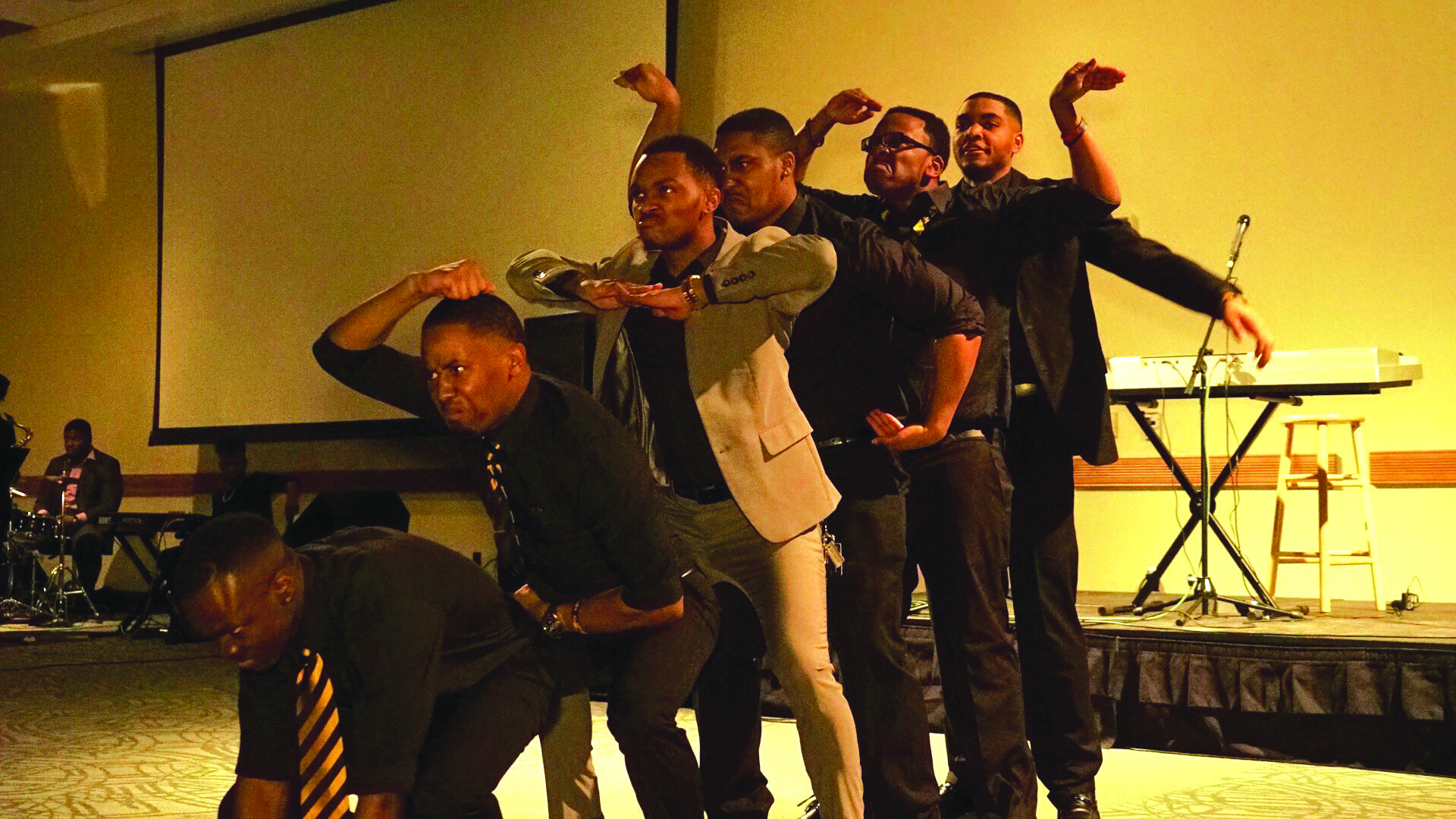
Harlem arts return at New Black City
By: McKenna Graham, Contributing Writer
Before you even get to Ballroom B, you hear it: the smooth jazz of the Harlem Renaissance, resurrected in all its soulful and emotional glory. On Saturday, the NAACP and Alpha Phi Alpha put on their third annual New Black City talent showcase, honoring Black History Month.
When asked what to expect, senior and Vice President of TU NAACP’s membership Lauren Boyd said, “A great time of us being together and celebrating our black history.”
The audience was filled with dapper men dressed to the nines and glamorous women in sparkling dresses that were made iconic in the 1920s. A three-man band from Morgan State University set the mood with drums, keyboard and saxophone, transforming the ballroom into a classy jazz club or, perhaps, speakeasy.
“[New Black City is] a great way for the students to kind of be cultural and have something to do during the first week of school,” student Randall Phillips said.
Sophomore dance major La-Chelle Dickenson performed first, dancing to Patti Labelle’s “A Change is Gonna Come.”
“The song is really about change and life, and how we can’t lose hope in dark times,” she said. Her performance is a great start to the night: Beautiful, fluid, and graceful, she barely seems to touch the floor.
Performances ranged from singing and rapping to dancing and drawing art live.
“We tried to make sure that all of the art was Harlem Renaissance related, or gearing in that direction,” Towson NAACP Vice President Zhada Myrick said.
At intermission, senior Rickee White said that her favorite act was SOUL dance team’s performance. “It was really upbeat and it gave me a lot of energy.” she said.
SOUL dancers Jayla Mack and Alexis Parry explained that, although dance is not their majors, they described dancing since they were three years old, and said it has been a lifelong passion.
Alumna and former Black Student Union President Tiara Swain was excited to return to campus to see some of her friends perform and to support the community in general.
“It’s really good to see over time, because I went to Towson a few years ago, the contribution and what’s going on [around] campus,” she said. “It’s wonderful.”
Different acts were interspersed with presentations about Josephine Baker and Bill “Bojangles” Robinson, both hugely influential performers in black history. Host David Abraham called for a round of applause for the pioneers of the arts and received a resoundingly positive response.
He identified the arts as “a form of advocating for social change.”
To any aspiring performers, Dickenson said, “Just try it. The worst that could happen is someone could say ‘no,’ and at the end of the day, ‘no’ doesn’t mean ‘never’. It just means ‘not right now.’”

